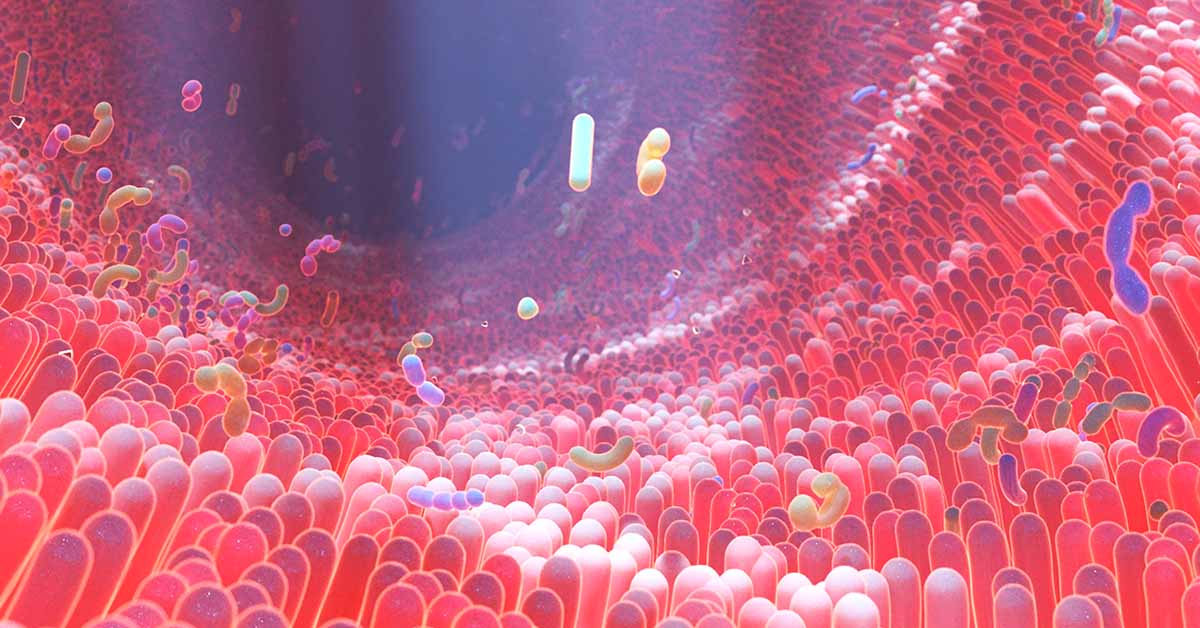
Having Healthy Gut Bacteria Is Important for Overall Health and Cancer Prevention
-
One of the trendy health topics right now is gut health. Fashionable or not, it’s an exciting area of research. Scientists are making new discoveries about the role of the gut microbiome and how it’s related to disease—including cancer.
What is a microbiome?
A microbiome is a diverse community of organisms. This population includes trillions of bacteria, fungi, and other organisms. And like any neighborhood, each inhabitant plays an important role within the community.
“These are microorganisms that we live with every day,” explained Margie L. Clapper, PhD, deputy scientific director and a leader in cancer prevention and control at Fox Chase Cancer Center. “They inhabit our bodies, and we maintain partnerships with them. They’re needed for a healthy balance.”
Several areas of the body have unique microbiomes. You’ll find these communities on the skin, in the vagina, in the mouth, and in the gut. Most microbes, however, are found in the gut.
How can a gut microbiome contribute to disease?
We need a healthy balance of good and bad bacteria to maintain our immune system. If that balance is disrupted in the gut—if there are too many bad bacteria—it may cause an immune reaction that triggers inflammation. And inflammation may lead to diseases, such as colorectal cancer.
“The inner surface of the colon is covered in a mucus layer,” Clapper explained. “If bacteria have an opportunity to invade that and get close to tissue, if that defense is missing, it can start an inflammatory reaction, which has the potential to encourage tumor growth.”
Although the gut microbiome may be linked to diseases like colorectal cancer, gut health impacts more than just the gastrointestinal system.
“With gut microbiomes, we know that there are effects that go far beyond the gut,” Clapper said. “There’s data to suggest that when cancer metastasizes, the tumor cells take the local microbiota with them—it’s a passenger that most likely helps establish tumor growth at the distant site. In general, the gut microbiome can impact many other parts of the body.”
What’s happening with research into the gut microbiome and cancer?
Leading-edge studies are exploring how gut bacteria operate. Research topics include:
- What specific bacteria may help colorectal cancer grow and spread
- How gut bacteria may impact other cancers, like liver and skin cancer
- How to offset the disruption that some cancer treatments, such as chemotherapy and radiation therapy, can have on the healthy gut microbiome
How can I take care of my gut microbiome?
Every person’s microbiome is different. But eating fruits, vegetables, and other foods high in fiber can help support the good bacteria in your gut. So can eating foods like yogurt and sauerkraut, which contain beneficial bacteria.
Probiotic supplements can also help support a healthy balance in the gut microbiome. But since there are many different types of probiotics available, it is best to talk to your doctor before taking one.
Stress can also have a negative impact on the gut microbiome, Clapper said. So reducing stress may make for a better gut environment too.
A healthy lifestyle can help make your gut happy—and have a positive impact on your overall wellness.
